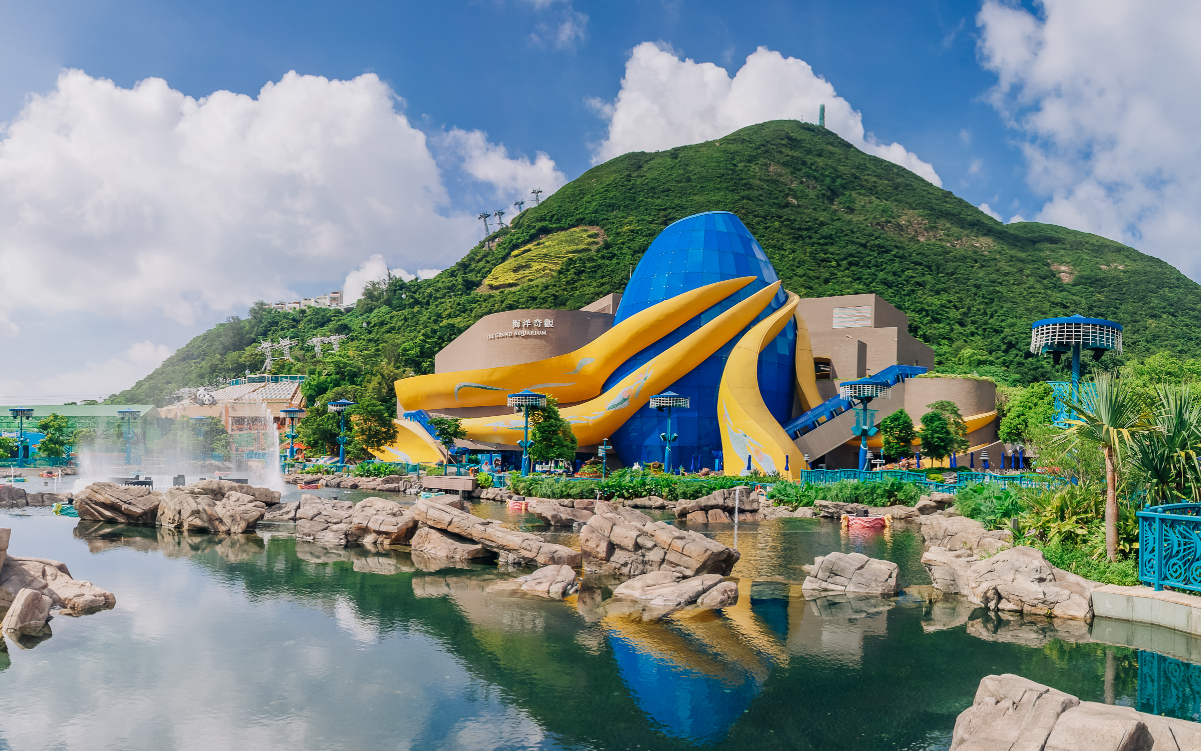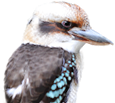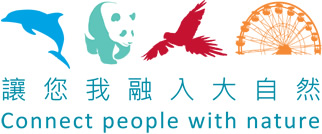Ocean Park today revealed that a successful cataract removal procedure was recently performed on the right eye of a harbour seal named Rose. Not only was it the first time the Park had attempted to perform a cataract surgery on a marine mammal, it also involved the first-ever use of a hybrid technique for cataract removal by the Park, which minimises the size of incision required, resulting in a shorter recovery time for the animal. Having the clarity of her vision restored, Rose is now more eager to explore her surroundings, displaying her playful personality again.
Mr. Grant Abel, Director of Animal Care, said, “Ocean Park is committed to providing the best care to our animal ambassadors. Last year, we engaged an ophthalmologist to remove cataracts for five birds of four different species, which all responded well to the procedure. Building on that successful experience, we extended this important vision care procedure to marine mammals and adopted a technique that minimises the incision required and shortens the recovery time. Ever focused on enhancing our animal ambassadors’ quality of life, we are often willing to go the extra mile and attempt advanced procedures seldom performed at other zoological facilities in order to take animal care to a higher level.”
It is common for aging mammals to develop cataracts, regardless of whether they live in the wild or under human care. Aged 21, Rose is the oldest harbour seal in Ocean Park. Around nine years ago, Rose started developing cataracts in her eyes, affecting all aspects of her life as she could not see clearly what was happening around her – from the gestures of her trainers to the presence of food and toys. Due to impaired vision, Rose began relying more on sounds for direction, resulting in occasional clashes with other seals when she accidentally bumped into them. It was hoped that the removal of one cataract would improve her quality of life, including her relationship with her mates.
Weeks before the surgery, Rose’s carers started familiarising her with the post-operative care she would receive, such as applying eye drops and exposing her to the eye examination equipment. On the day of the operation, a team comprising an ophthalmologist, four veterinarians and four veterinary nurses scrubbed in on the hybrid procedure. After cutting a small opening on the eye, a piece of ultrasonic equipment was inserted through the opening to emulsify the cloudy lens, followed by the extraction of the emulsified substance. Small hard bits that could not be emulsified were then removed through the small opening.
Dr. Paolo Martelli, Director for Veterinary Service, said, “Cataract removal for a seal is more challenging because their cataracts are larger and harder than other mammals’. Another difference is the structure of their eyes, which are adapted to an aquatic lifestyle. The main benefit of the hybrid technique adopted in this surgery is the shorter recovery time due to a significant reduction in the size of incision.”
After the surgery, Rose was kept under intensive care and housed in a smaller area with limited access to water as she needed to receive eye drops five times a day. The area was also kept fairly dim due to her sensitivity to light. Rose recovered completely after two months. She is now more active and reacts happily to sunlight, always curious to find out what is happening around her.
Mr. Abel added, “We are all thrilled by the surgery’s impact on Rose’s quality of life. It is as if we have turned back the clock of her life. Given the positive results achieved, we plan to remove the cataract on her left eye and perform the procedure for some of our sea lions. As our proficiency grows, we expect to start performing the procedure for other animals at an earlier stage of their cataracts. Being an active member of the global community of zoos and aquariums, we look forward to sharing our experience with other facilities so that more animals can benefit from improved vision care.”
-END-







